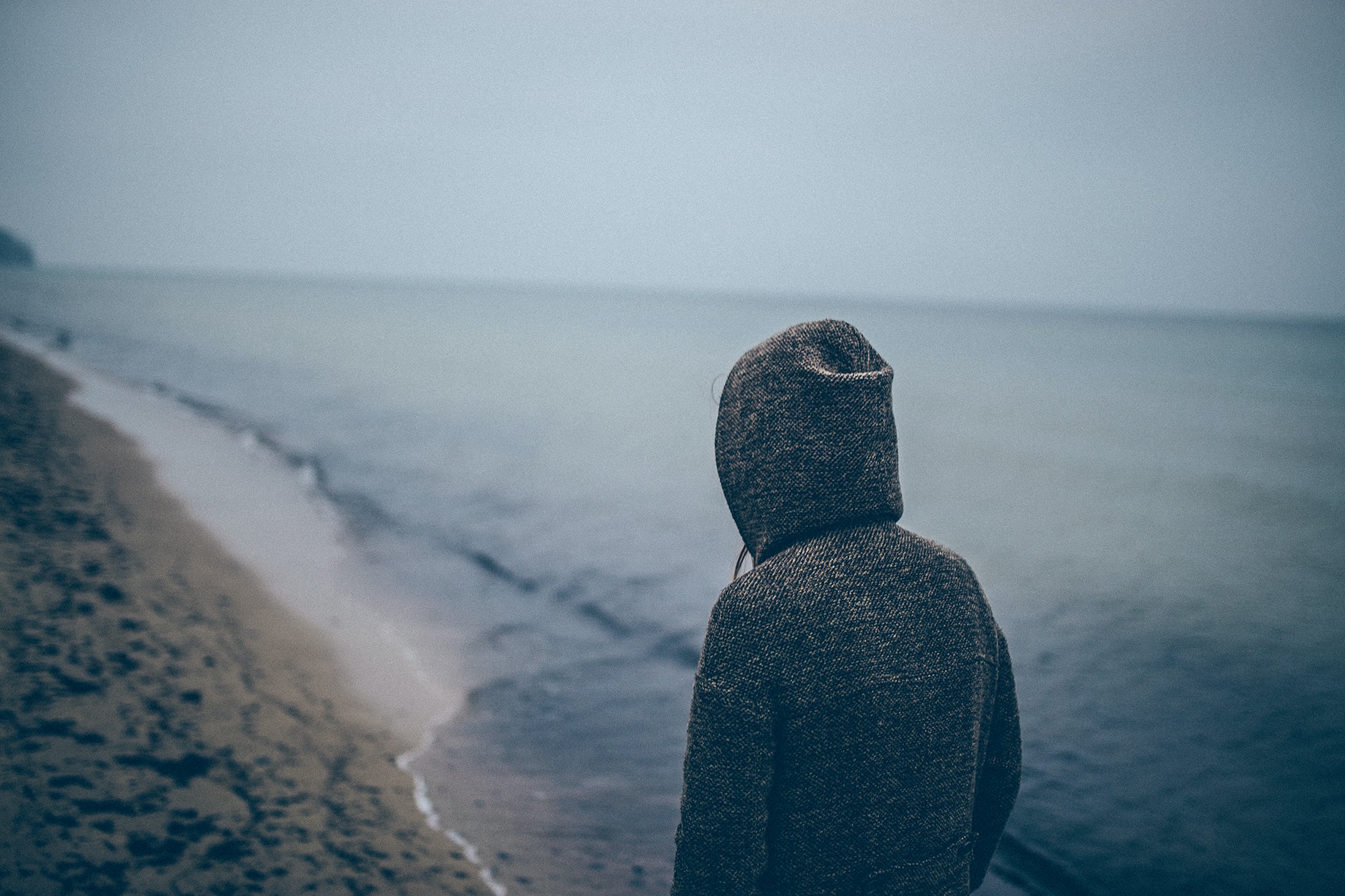American individualism plus economic atomization creates lonely people, but the search for connection and meaning can take us to some dangerous places.
Since we’re all online these days, one could be forgiven for thinking that we’re more connected to each other than ever. The great hope for social media was that we’d be able to have friends from all around the world, a wide variety of people who we could talk to at any time, instantly, resulting in a kind of transglobal understanding between all people. It hasn’t worked out quite like that, has it? For years, commentators have talked about an epidemic of loneliness. Unfortunately, all those lonely people add up to a sum more dangerous than the tired cliché about middle-aged women and their cat hoards. Let’s take a look at where it’s all going, and how to make it back.
Although our atomized, individualistic society has driven people apart for a rather long time now, the media really started noticing in about 2015. That’s when Time ran a story about the unhealthy effects of loneliness, claiming that social isolation can increase the risk of mortality by 29-32%. More Americans were living alone, and increasing social media and technology use made it harder to form deeper relationships in the physical realm. (It may seem like having a thousand Facebook friends should count for something, but try asking them to help you paint your house.)
In late 2016, the loneliness epidemic had its moment in the spotlight. Vice published a piece about the disconnection inherent in American society, starting from childhood and growing through the work environment, resulting in the hijacking of our dopamine -reward system that is supposed to be triggered by healthy connections and human nurturing but which has been replaced by overwork, eating disorders, consumerism, drugs, porn, and any other addiction. The Guardian followed by laying the problem at the feet of neoliberalism, a system that “peels us apart” by rewarding success through competition and extreme individualism rather than being the social animals our brains want us to be. Lonely people are then more prone to mental illness, anxiety, depression, phobias, obsessive disorders, self-harm and PTSD.
Recent years have not improved the situation.
Economic precarity turned the gig economy from a way to make some extra pocket money by occasionally sharing a ride with strangers into a critical income source for people whose ability to make rent payments depends upon driving people around most of their waking hours. Breaking apart traditional employment and making “independent contractors” fend for themselves turned out to be lucrative for companies based on smartphone apps, but it played havoc with the “not employees” from delivery drivers to home health care workers who filled an economic niche at the expense of their own stability, security, and even a supportive cadre of coworkers.

Then came the pandemic, adding to the isolation by keeping us quarantined, masked in public, away from work in many cases, and unable to hug each other from six feet away, at best.
Under quarantine conditions, isolation ran rampant and already lonely people suffered further. People turned to the internet as some of the only contact we could have with people outside our households or in swathed distance at “essential” jobs. We don’t know enough people to finish a loaf of bread before it goes bad. At the extreme, people love fictional characters more than they do other people. Our connections are frayed. We’re damaged.
Sometimes it takes an outside observer to notice what we can’t or won’t see about ourselves. Indrajit Samarajiva is a writer who grew up in the United States and Canada between visits with his family in Sri Lanka. In America he had a job, a car, an apartment in his family’s basement, and plenty of things money could buy. Visiting his poorer Sri Lankan relatives, however, meant human connection, a support system, and community. Coming home to an empty, cold apartment was so depressingly lonely that he eventually moved to Sri Lanka permanently.
Samarajiva points out that the lonely people in American culture are hungry for meaning. Most of us want to be part of something bigger, to be connected to others and doing something that matters. We know something’s broken, but what? Ideally, loneliness sparks the desire to restore social bonds. Populist demagogues fill that gap by telling us (a version of) what’s wrong. They help people feel connected, and that’s fertile ground, a vacuum waiting to be filled by totalitarian impulses and fascism. How many of us have lost parents, grandparents, people we love, to conspiracy theories and political bullshit designed to tickle their confirmation bias? Especially among the older generations, who are already more isolated than most, and who seem to find both fear and friend in conservative talk radio, internet rabbit holes, and news-flavored cable programming with plausible-sounding, “I’m just asking questions” content?
There is a way back, but it involves the uncomfortable effort of actually reaching out and connecting with each other, assuming we even have the time and wherewithal to do so after all the other demands made of us. It can start, as old-school newsman Dan Rather suggests, by simply sending a note or making a call. It doesn’t have to be big. Just do what you can.
For next-level connection, though, start a community network. Social media can help get the ball rolling, but it’s the real world actions we take that bring it all together. Journalist Justin King, who produces YouTube videos under his “Beau of the Fifth Column” persona, advocates organizing these networks as a way of helping each other and making your community a better place to live. The group should meet regularly and have a purpose, although the specifics can be up to you and your group. And best of all, these groups can pull us back from the political brink.
Related: The Future Is Fascist, Unless We Act Now


Join the conversation!